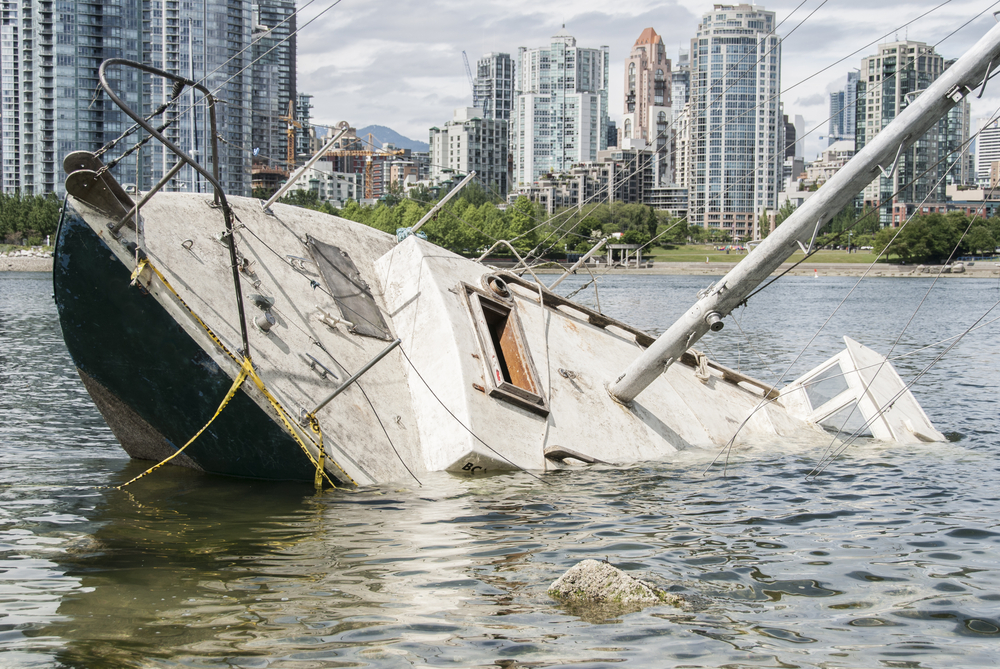Pets make great companions; they put smiles on our faces and stand by us loyally through our darkest days. For most of us, pets are not just animals, they are part of the family, and when our families want to go on a vacation, it’s only natural we would want to bring Fido along. Unfortunately, pets aren’t always allowed in public facilities, like restaurants or hotel rooms. And when it comes to cruise vacations, restrictions regarding pets can get especially tricky.
Cruise vessels are not too keen on accommodating pets, unless they act as service animals. The Americans with Disabilities Act of 1990 (ADA) stipulates that pets be allowed in public areas, including passenger vessels like cruise ships. However, the Act noted that cruise ships are, in a way, unique modes of transportation, comprised of “self-contained floating communities.” The Department of Transportation describes cruise ships as a cross between a transportation service and a public accommodation. So then what laws apply for service animals exactly?
The Department defines a “service animal” as “any guide dog, signal dog, or other animal individually trained to work or perform tasks for an individual with a disability, including, but not limited to, guiding individuals with impaired vision, alerting individuals with impaired hearing to intruders or sounds, alerting persons with seizure disorders to the onset of a seizure, providing minimal protection or rescue work, pulling a wheelchair, or fetching dropped items.”
When it comes to service animal regulations on cruise ships, the law states that a service animal must be able to accompany a passenger in all locations on the vessel, including life boats. Furthermore, while there is a limit to the number of cruise passengers that can travel aboard a ship, the law states that there can be no limitation on the number of service animals that can be bought onboard because it would then be “tantamount to a number limit on passengers with a disability.”
But while the need for service animals for individuals with physical disabilities is addressed, what happens when the individual needs the pet for an emotional or psychological disability?
In 2008, the Department of Justice amended the rules set forth by the Department of Transportation, stating that:
“While this rule does not require it, the Department believes that it is a good idea to permit not only service animals, per se, but also emotional support animals (ESA) to accompany passengers with disabilities who use them. This can be beneficial to individuals who genuinely need the assistance of such an animal to enjoy fully travel and services aboard a vessel.”
Thus, while it is recommended that cruise ships accept emotional support service animals, it is not required. The issues lies in the fact that many people may abuse this idea and try to bring pets onboard a cruise vessel for no medical reason, other than the fact that they want their pets with them. Allowing pets onboard for anything other than a physical need also becomes a problem when docking in a foreign country that might not allow the pet to disembark due to quarantine health regulations.
In the end, it all boils down to the actual cruise line and what it will allow. Larger vessels embarking on transatlantic itineraries are more inclined to accommodate pets onboard. One example of this is the cruise line Cunard, which allows both dogs and cats on certain transatlantic cruises on the Queen Mary 2, but certain restrictions apply and space is limited. A full time kennel master is in charge of the 12 air-conditioned kennels aboard the QM2 and the kennels – and adjacent walking areas – are open to passengers during certain hours so they can spend time with their pets in the restricted area. However, the pets are not allowed outside the kennel areas or inside cabins. The kennels themselves are pretty expensive – fees start at $300 – so cruise passengers who do not absolutely need their pets for physical disabilities should really consider leaving them at home.
Unless of course, passengers don’t mind the fee, which, to some, might be well worth it. Pets traveling on the QM2 are as equally pampered as their human counterparts. The pets receive a complimentary gift pack, including a QM2-logoed coat, Frisbee, name tag, food dish, etc., their very own personalized cruise card, and even get a complimentary portrait with their owners.
Since each cruise line has its own set of rules regarding four-legged passengers, it is best to contact the cruise line itself before attempting to bring your pets onboard. Cruise lines also impose pet regulations because of sanitation reasons, so bringing animals onboard a vessel can compromise the health of those onboard. Issues involving pets include allergies from pet dander, which can lead to serious adverse reactions, pets can relieve themselves in public areas causing a health and safety hazard, the pets themselves might be sick and spread disease aboard the cruise line, or may even become violent with other passengers and cause injuries, which might lead to a lawsuit.
Anytime an accident aboard a cruise ship occurs, victims and their loved ones are entitled to seek legal help. If you have been hurt or have become ill while onboard a cruise ship, turn to our cruise lawyers to protect your rights. Our cruise lawyers have over 200 years of combined experience in maritime and admiralty law and will work diligently so your case resolves with the best possible outcome. Call Lipcon today to get started on your cruise ship accident claim.
PHOTO SOURCE: PETCENTRIC.COM
Published on October 24, 2012
Categories: Cruise Ship Law
Get Free
Consultation










